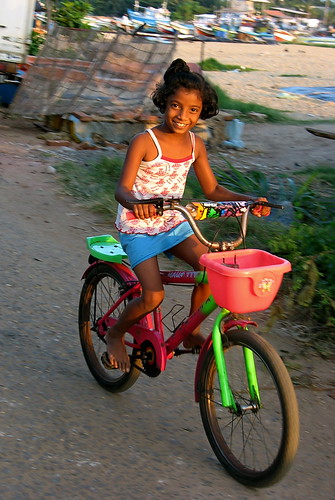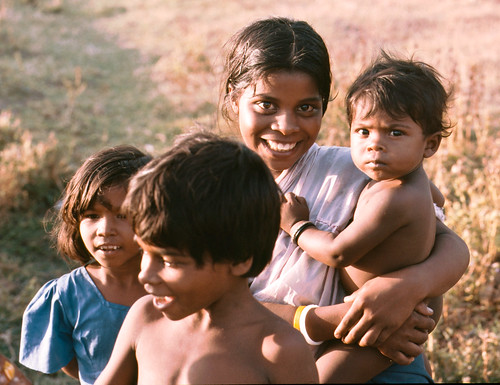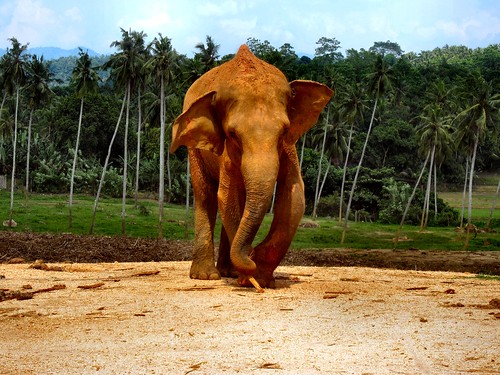Difference between revisions of "Adopting from Sri Lanka"
| Line 23: | Line 23: | ||
'''Notice: As of July 14, 2014, all individuals and agencies facilitating [[international]] adoptions must be in compliance with the Intercountry [[Universal Accreditation Act]].''' | '''Notice: As of July 14, 2014, all individuals and agencies facilitating [[international]] adoptions must be in compliance with the Intercountry [[Universal Accreditation Act]].''' | ||
| + | |||
| + | The information contained on this website is for educational purposes only and is not intended to be a substitute for professional legal advice. Always seek the advice of a licensed and qualified professional. While the content of this website is frequently updated, information changes rapidly and therefore, some information may be out of date, and/or contain inaccuracies, omissions or typographical errors. | ||
Revision as of 21:49, 2 March 2017
Notice: As of July 14, 2014, all individuals and agencies facilitating international adoptions must be in compliance with the Intercountry Universal Accreditation Act.
The information contained on this website is for educational purposes only and is not intended to be a substitute for professional legal advice. Always seek the advice of a licensed and qualified professional. While the content of this website is frequently updated, information changes rapidly and therefore, some information may be out of date, and/or contain inaccuracies, omissions or typographical errors.
Contents
About Sri Lanka
The first Sinhalese arrived in Sri Lanka late in the 6th century B.C., probably from northern India. Buddhism was introduced in about the mid-third century B.C., and a great civilization developed at the cities of Anuradhapura (kingdom from circa 200 B.C. to circa A.D. 1000) and Polonnaruwa (from about 1070 to 1200). In the 14th century, a south Indian dynasty established a Tamil kingdom in northern Sri Lanka. To learn more please read About Sri Lanka.
Hague Convention Information
Sri Lanka is party to the Hague Convention on Protection of Children and Co-operation in Respect of Intercountry Adoption (Hague Adoption Convention or Convention). Intercountry adoption processing in Convention countries is done in accordance with the requirements of the Convention; the U.S. implementing legislation, the Intercountry Adoption Act of 2000 (IAA); and the IAA’s implementing regulations, as well as the implementing legislation and regulations of Sri Lanka. To learn more please read about Sri Lanka and the Hague Convention.
Who Can Adopt
In addition to the U.S. requirements, prospective adoptive parents must meet Sri Lanka’s requirements to adopt a child from Sri Lanka. To learn more please read about Who Can Adopt from Sri Lanka.
Who Can Be Adopted
Because Sri Lanka is party to the Hague Adoption Convention, adoptions from Sri Lanka must meet the requirements of the Convention. For example, the adoption may take place only if the competent authorities of Sri Lanka have determined that placement of the child within Sri Lanka was given due consideration, and that an intercountry adoption is in the child’s best interests. In addition to Sri Lanka’s requirements, a child must meet the definition of Convention adoptee to be eligible for an immigrant visa that will allow you to bring him or her to the United States. To learn more please read about Who Can Be Adopted from Sri Lanka.
How to Adopt
WARNING: Sri Lanka is party to the Hague Adoption Convention. Do not adopt or obtain legal custody of a child in Sri Lanka before a U.S. consular officer issues an “Article 5 Letter” in the case. Read on for more information.
Adoption Authority
Sri Lanka’s Adoption Authority
Department of Probation and Child Care Services
NOTE: If any of the following occurred prior to April 1, 2008 (the date on which the Hague Adoption Convention entered into force with respect to the United States), the Hague Adoption Convention may not apply to your adoption: 1) you filed a Form I-600A identifying Sri Lanka as the country where you intended to adopt; 2) you filed a Form I-600; or, 3) the adoption was completed. Under these circumstances, your adopted child’s visa application could continue to be processed in accordance with the immigration regulations for non-Convention adoptions. For more information, read about Transition Cases.
The Process
Because Sri Lanka is party to The Hague Adoption Convention, adopting from Sri Lanka must follow a specific process designed to meet the Convention’s requirements. A brief summary of the Convention adoption process is given below. You must complete these steps in the following order, so that your adoption meets all necessary legal requirements. Adoptions completed out of order may result in the child not being eligible for an immigrant visa to the United States.
- Choose a U.S. accredited or approved adoption service provider
- Apply to USCIS to be found eligible to adopt
- Be matched with a child by authorities in Sri Lanka
- Apply to USCIS for the child to be found eligible for immigration to the United States and receive U.S. agreement to proceed with the adoption
- Adopt child in Sri Lanka
- Obtain a U.S. immigrant visa for your child and bring your child home
To learn more about this process please read about How to Adopt from Sri Lanka.
Traveling Abroad
Applying for Your U.S. Passport
A valid U.S. passport is required to enter and leave Sri Lanka. Only the U.S. Department of State has the authority to grant, issue, or verify U.S. passports. Getting or renewing a passport is easy. To learn more please read about Traveling Abroad in Sri Lanka.
After Adoption
What resources are available to assist families after the adoption?
Many adoptive parents find it important to find support after the adoption. Take advantage of all the resources available to your family -- whether it's another adoptive family, a support group, an advocacy organization, or your religious or community services.
Here are some good places to start your support group search:
Child Welfare Information Gateway
North American Council on Adoptable Children
Adoption Services Support Group for Adopting Persons
Contact Information
U.S. Embassy in Sri Lanka
210, Galle Road Colombo 03, Sri Lanka Tel: +94-1-2498500 Fax: +94-1-2437345 Email: consularcolombo@state.gov Internet: U.S. Embassy Sri Lanka
Sri Lanka’s Adoption Authority
Department of Probation and Child Care Services 69, S. De S. Jayasinghe Mawatha Kohuwela, Nugegoda Sri Lanka Tel: +94-11 285 3575 or 94-11-2853553 Fax: +94-11 285 2393 Email: pcc@sltnet.lk Internet: Sri Lanka Adoption Authority
Embassy of Sri Lanka in the United States
Embassy of Sri Lanka 2148 Wyoming Avenue N.W. Washington, D.C. 20008 Tel: (202) 483-4026/ 28 Fax: (202) 232-7181 Email: slembassy@slembassyusa.org Internet: Embassy of Sri Lanka
Sri Lanka also has consulates in the following cities in California:Los Angeles, Bakersfield, and Denville.
Office of Children’s Issues
U.S. Department of State CA/OCS/CI SA-17, 9th Floor Washington, D.C. 20522-1709 Tel:1-888-407-4747 Email: AdoptionUSCA@state.gov Internet: U.S. Department of State
U.S. Citizenship and Immigration Services (USCIS)
For questions about immigration procedures: National Customer Service Center (NCSC) Tel:1-800-375-5283 (TTY 1-800-767-1833) Internet: USCIS
For questions about filing a Form I-800A or I-800 petition:
National Benefits Center Tel: 1-877-424-8374 (toll free); 1-816-251-2770 (local) Email: NBC.Adoptions@uscis.dhs.gov
SOURCE
Intercountry Adoption, Bureau of Consular Affairs. U.S. Department of State Country Information[1]










